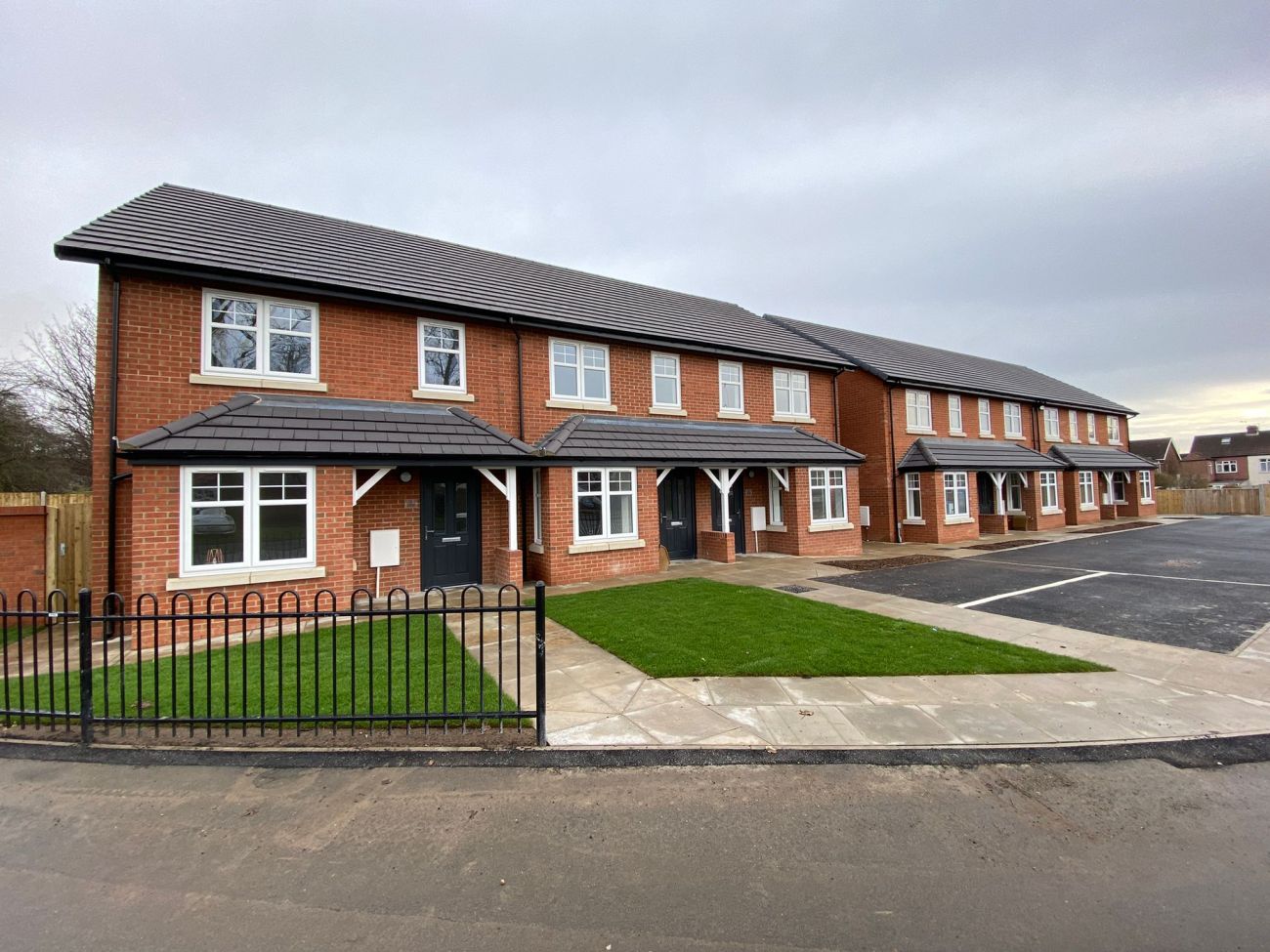It could take almost five years to clear social housing waiting lists in the West Midlands

Households in the West Midlands could have to wait just under five years before they’ll be able to live in an affordable social home, even if no new households joined the waiting list, according to new analysis of the latest affordable housing figures.
Ahead of the Mayoral election in the West Midlands, where many have found themselves at the sharp end of the housing crisis, analysis by The National Housing Federation – or NHF – found that while 64,382 households were on the waiting list for social housing, 13,579 new social housing lettings were available last year (2022/23).
At the current rate of lettings, and if no new households joined the list, this means that it could take just under another five years before every household currently on the waiting list can move into a suitable home that they can afford.
Social housing lettings refer to homes which have been let at either social rent, which is typically 50 per cent of market rents, or Affordable Rent, which is at least 20 per cent below market rents – making them the only affordable option for many. Across the country, the chronic shortage of genuinely affordable social homes has left many families stuck in unaffordable, unsuitable accommodation, cut off from local support networks, far from school or job opportunities or event facing homelessness.
The consequences of this have been felt across the West Midlands as the housing crisis in England worsens.
The effect this has on those on low incomes is devastating. The shortage of affordable homes in the West Midlands means that more and more people have had to turn to living in expensive, insecure private rented homes. This has left many facing impossible choices as they struggle to balance rent with other essential bills, or risk facing homelessness. NHF research from 2019 revealed that nearly half of children in private rented homes are living in poverty.
Last year (2022/23), for every now social home built in England, six households were accepted as homeless by their local council, while more children than ever before are living in temporary accommodation. This shameful trend if also putting local councils under increasing financial pressure with councils spending £1.74bn to support households in temporary accommodation in 2022/23.
This is only set to worsen, with recent research revealing that the number of children living in temporary accommodation is estimated to reach 150,000 by 2030.
The widening gap between the demand for social housing and the availability is not unique to the West Midlands. It is the result of decades of underfunding and underinvestment in affordable homes by successive governments, which in turn has led to a chronic shortage of social housing and contributed to the housing crisis we are in today.
However, this is a crisis that can be solved. Housing associations are ambitious to do more to tackle this crisis, but it will take a long term commitment from local and national governments to address the crisis. With a long term plan in place, by 2035 we could: fix child homelessness, halve overcrowding, provide the security of a social homes for one million more people, ensure a warm and decent home for seven million more families, improve affordability, and boost productivity by ensuring every region has the homes it needs to grow.
As the Mayoral election in the West Midlands grows closer, access to affordable housing has become increasingly important among voters, with over half of Brits saying that the government should prioritise building social housing.
Platform Housing Group is joining the NHF’S call for political parties to commit to a long term national plan to solve the housing crisis to support the thousands of households in the West Midlands in desperate need of a safe, suitable and affordable home.
Gerraint Oakley, Executive Director of Growth and Development at Platform Housing Group said: “We want everyone in the Midlands to have the peace of mind that comes with having a place to call home. These waiting times are no doubt going to cause concern amongst people who are waiting for an affordable home. We are working hard to form key partnerships that will maximise the opportunity to keep building homes. I’d urge all candidates in the region to prioritise a long term plan for housing which would enable us to more quickly form these relationships and speed up delivery.”